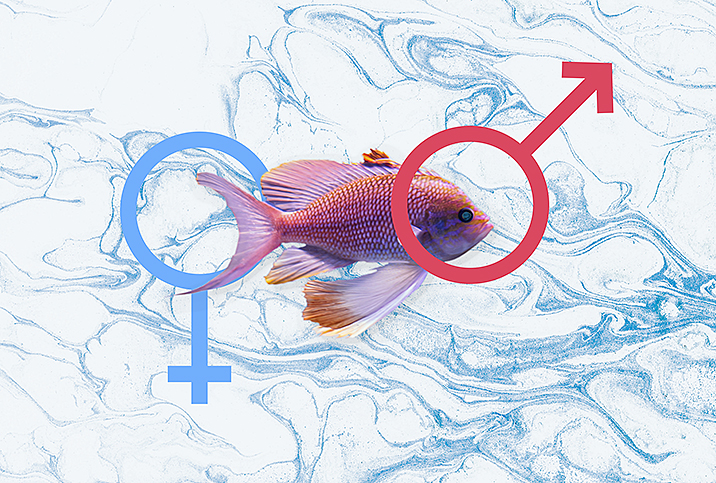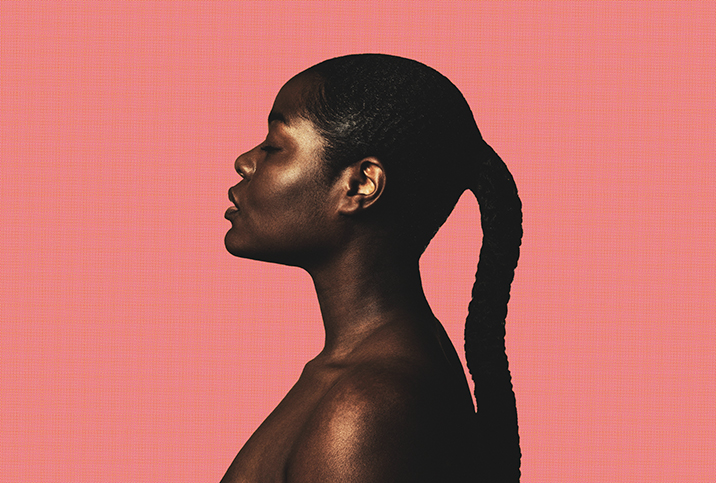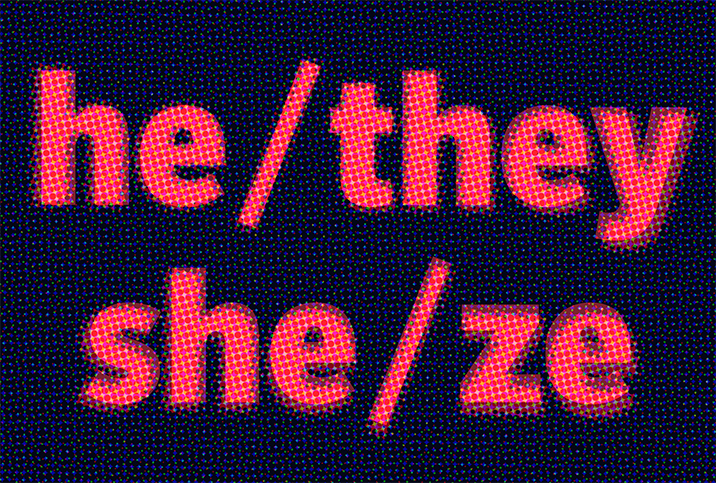A Cis Person's Guide to Gender Identity and Expression

Many people go through life without thinking about gender at all—at least not consciously. However, a growing awareness of transgender people and gender theory has led to a burgeoning dynamism in gender identity and expression, especially for young people who have grown up in a trans community, with trans elders or, at minimum, with access to the internet.
Although some folks think of gender-bending as "a transgender thing," it can become an integral part of anyone's life, and not just in childhood, either. Cisgender people can, and should, discover what gender means for them.
What is gender?
First, it's important to understand what gender is. You may have heard the phrase "gender is a social construct." This doesn't mean gender "isn't real" or "shouldn't exist," but rather that our understanding of gender is a creation of collective society, history and culture. The most common construction of gender in modern societies—one of two fixed, binary options—is only one of the virtually infinite possibilities.
Exploring gender might lead you to discover you aren't actually cisgender, or the gender that corresponds with your sex assigned at birth. I identified as a cis woman for several years while exploring gender presentation and then I discovered the word "demiwoman," which gave me permission to come out as nonbinary. My identity has evolved since then, and now I identify myself as both nonbinary and transmasculine, despite first eschewing the transgender label—a symptom of my internalized cis-centrism.
Of course, it's also OK if your exploration reaffirms you are cis. Exploration can help you end up experiencing an even better, more affirming version of the gender you are—and who wouldn't want that?
Your gender no's
How I found my way into gender exploration was initially through challenging stereotypes about what was appropriate for my gender, in order to make room to embrace expansiveness.
What are the things you don't do, or don't allow yourself to do, because of your gender? My first forays into this question were in the realm of presentation: how I dressed, if I shaved, how I had my hair cut and how I adorned myself with makeup or jewelry.
Have you ever thought about changing your approach to how you present yourself and had someone turn up their nose, laugh or outright tell you to continue conforming? If you want to explore stereotypes further, this classic workbook by Kate Bornstein can help you root out some of your deeper feelings and also offer some guidance on navigating uncomfortable situations as you learn more about the breadth of gender-bending and expression.
Your gender yes's
As my story reveals, labels can be helpful and offer new pathways to a more authentic life. But sometimes we just want to wander off the path and enjoy. Instead, we can leave the labels behind and revel in the extreme comfort and joy of gender euphoria.
For trans people, gender euphoria can be an intense feeling experienced as relief from the pain of dysphoria, the extreme discomfort in our bodies, pronouns, names or hormones not matching what our brains are expecting. But what does gender euphoria feel like for a cis person?
Imagine a young man who's very important to you. He has had an incredible day, achieved something amazing, and he comes to you and says, "You know, today I really, finally feel like a man." Can you empathize with this feeling? Try this thought experiment with a young woman instead. Does the empathy feel different somehow? Now think about a young genderqueer person who "really, finally feels nonbinary."
Let your empathy lead you. What kinds of clothes, makeup, grooming, jewelry, tattoos, colors, scents, names, adjectives, accessories, decorations, music, dance and sex make your gender feel good? Do you know why? Face any fears and embrace the joy. Gender-bending can be for everyone.


















